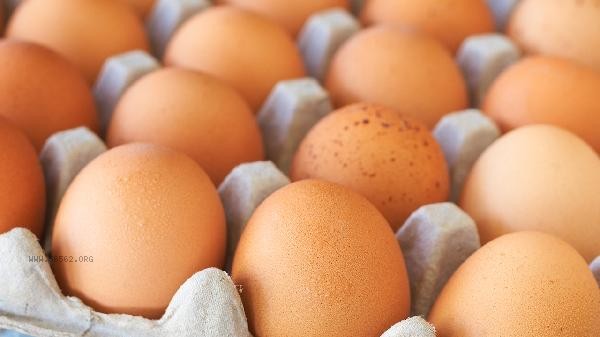The protein substitutes for eggs mainly include soy protein, whey protein, pea protein, quinoa protein, and nut protein. These foods are rich in high-quality protein and are suitable for those who are allergic to eggs or vegetarians to supplement their protein needs.

1. Soy protein
Soy protein is a plant-based complete protein that contains all essential amino acids and has a digestion and absorption rate similar to animal protein. Tofu, soybean milk, dried tofu and other soybean products contain about 10-15 grams of protein per 100 grams, which can replace eggs as a staple or side dish. Soy isoflavones also have a regulatory effect on estrogen, but gout patients need to control their intake.
2. Whey protein
Whey protein is a high cost protein isolated from milk, with a high content of branched chain amino acids, suitable for supplementation after exercise. Whey protein powder can be added to oats or milkshakes, but lactose intolerant individuals should choose to isolate whey protein. Please note that commercially available protein powders may contain additives, and it is recommended to choose products with a single ingredient.
3. Pea protein
Pea protein has a higher lysine content and can be used in combination with grains to improve protein utilization. Pea protein powder has good solubility and is commonly used in the production of vegetarian protein bars. Each serving can provide about 20 grams of protein. Pea protein has low allergenicity, but when consumed alone, methionine is slightly insufficient. It is recommended to pair it with nut based foods.

4. Quinoa Protein
Quinoa is a rare grain that contains complete protein, with approximately 8 grams of protein per cup of ripe quinoa. It is rich in minerals such as magnesium and iron, and can be used as a staple food to replace rice. The saponin components of quinoa need to be thoroughly washed and removed. For those with weak digestive function, it is recommended to choose shelled quinoa products.
5. Nut Protein
Nuts such as almonds and cashews contain approximately 6-8 grams of protein per 30 grams, while also providing healthy unsaturated fatty acids. Nut sauce can be applied to bread, and crushed nuts can be added to salads. But nuts have a high calorie density, and it is recommended to control the daily intake within 30 grams. People with allergies need to choose carefully. In addition to the above-mentioned foods, spirulina, chia seeds, chickpeas, etc. are also high-quality sources of protein. It is recommended to consume different plant proteins in combination to enhance amino acid complementarity, such as combining legumes with grains. Protein replacement should consider individual digestion and absorption capacity, and individuals with renal dysfunction should consult a doctor to control their total protein intake. High protein foods such as fermented soy products and Greek yogurt can be alternately selected in daily diet, combined with moderate exercise to promote protein utilization efficiency.










Comments (0)
Leave a Comment
No comments yet
Be the first to share your thoughts!